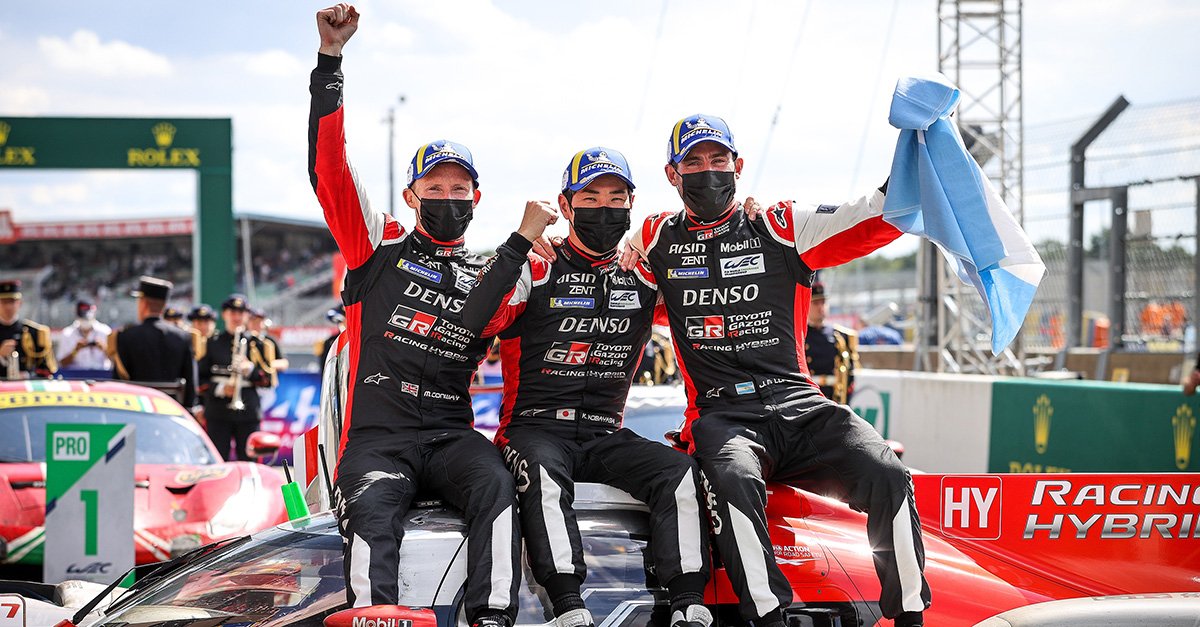Simone Biles's withdrawals from Olympic competitions are a failure and disappointment, even if they might have been the right thing to do.
| The first days of the Tokyo 2020 Summer Olympic Games are in the books. With more than 70 medal events and dozens of competitions, there are so many storylines in each sport. We have seen upsets, breakthroughs and absences, as expected. One of the main storylines has been Simone Biles (USA) and her decision to first withdraw from the Artistic Gymnastic Women’s Team’s Final and then from the Women’s All-Around Final. After disappointing practices and a failed vault she decided her teammates would be a better team for the job, while she should focus on her mental health. Simone was open about her anxiety and stress and decided that would take the best of her. United States was the clear favorite to win gold but lost to the Russian Olympic Committee, which also own the Men’s Team event. With a Simone in top form this would have not happened. This silver medal will prove to be controversial. For some, including herself, she let her team down. She did. She crumbled under pressure in the Magnum Platform and her decision not to compete made her team lose. She knows herself and if she is certain that her teammate would have performed better or she would have injured herself then she probably made the right decision. You have to optimize your assets and if she felt that was the optimal decision, it probably was. More importantly, you need to protect yourself from a potential bad injury. No one can take away the merit of the silver medal for Biles and the rest of Team USA nor of ROC’s team members gold medal. This also does not take away from the rest of her wins. Biles has the numbers to claim that she has been the best artistic gymnast of all time (albeit not at the Olympic Games). This event does not define her career. But it has to be accepted as nothing less than a big failure and disappointment. Which is part of sport and it’s ok. She still has the rest of competitions to rebound. It is also fair to register that unlike some other of the world’s greatest sportspeople of all time she did not deliver in one of the most important moments. It is precisely those moments of overcoming adversity, pressure and obstacles that help cement a legacy of greatness in sporting excellence. She did not this time, although the rest of her career and life is indeed a history of overcoming obstacles to be successful. Failing is part of life and it’s ok. And all greats fail. But so failure should then be framed as failure, not as winning. It is more desirable to fail than to not fail, and that is also ok. In order for the category of “brave decisions” to exist there should also exist decisions that are not brave. Sometimes the smart, intelligent decision is to quit and not be brave. And that’s ok but that doesn’t make the decision brave. |




